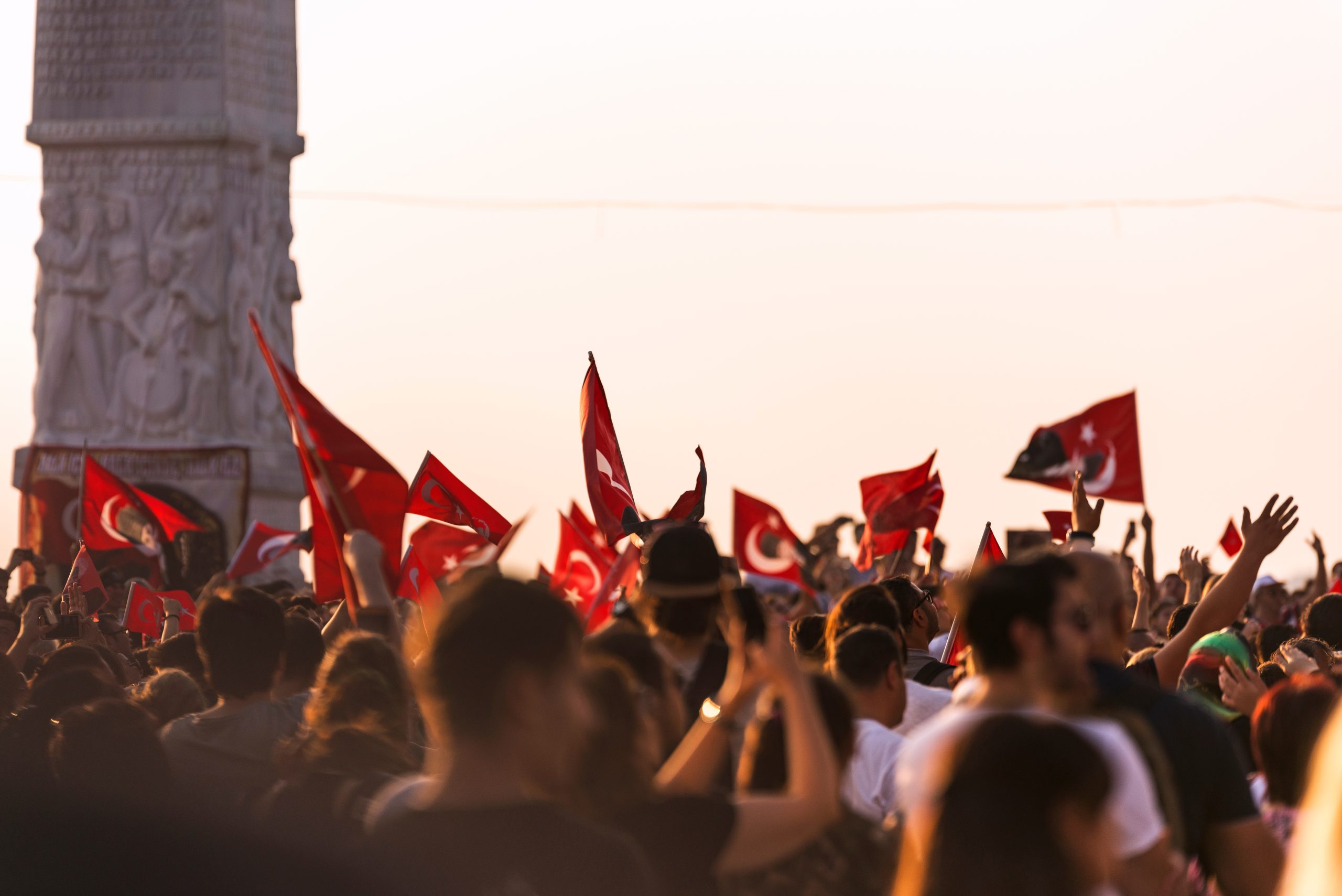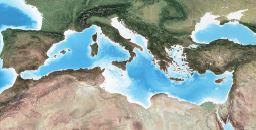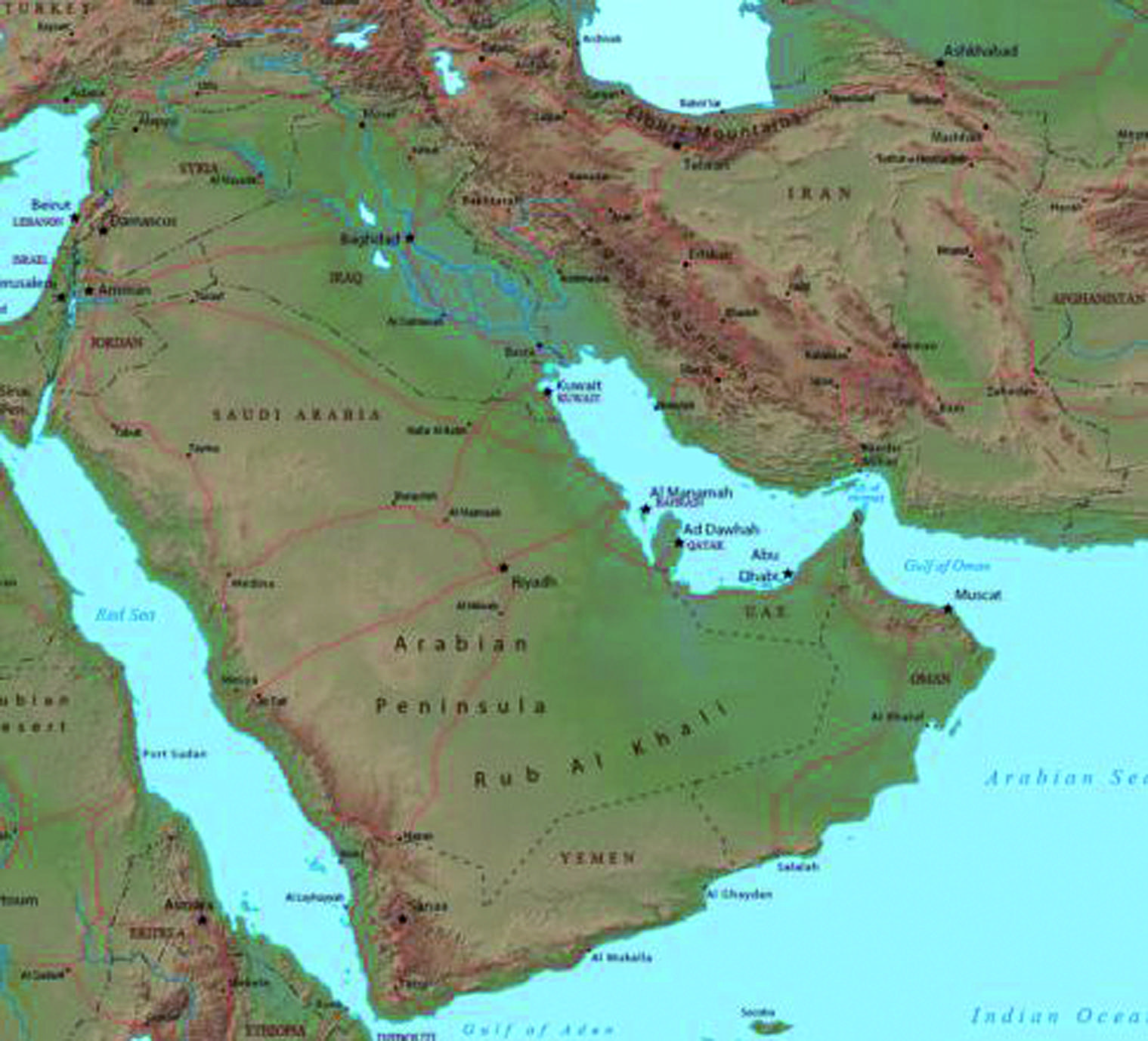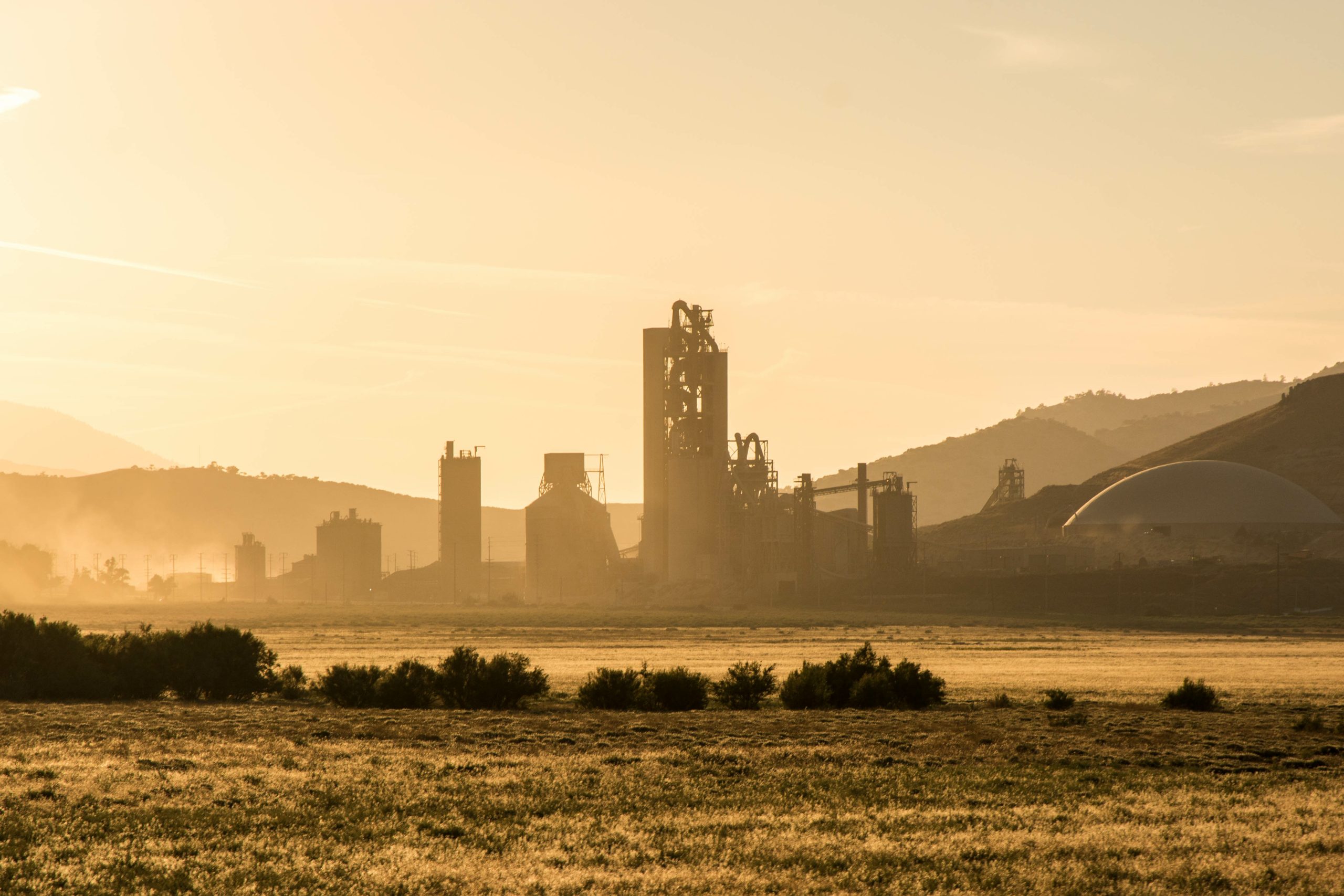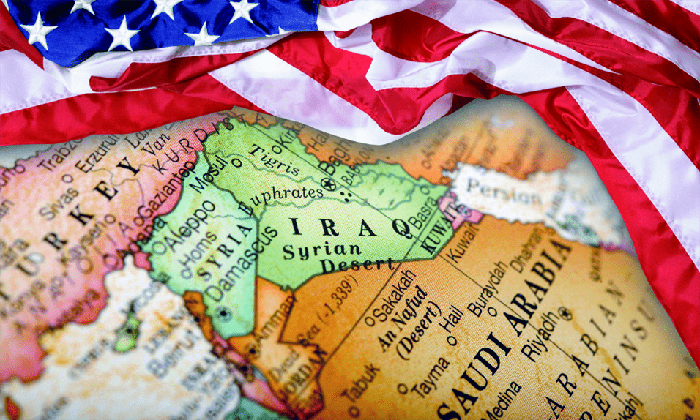ORIENT III 2014: Afghanistan
Purchase the full Issue here:
26,00 € incl. VAT plus Shipping CostsSelect options This product has multiple variants. The options may be chosen on the product page
Access Issue with Subscription:
You require a subscription with archive access to read this issue online.
Editorial
Dear ORIENT readers,
The year 2014 will be a crucial one for Afghanistan's future. With the total withdrawal of ISAF combat forces by the end of this year, Afghanistan will be fully responsible for its own security. This year's presidential elections have seen an encouragingly high participation of voters despite all threats by the Taleban. Afghan security forces have been able to maintain security in most areas. It is still too early to decide whether the runoff second round between Abdullah Abdullah, who led in the first round, and Ashraf Ghani Ahmadzai will finally lead to a peaceful and democratic transfer of power. The fact that Abdullah Abdullah is now rejecting the voting process as being manipulated and fraudulent is not a good omen.
It must be hoped that – with the active engagement of the UN – this process can still lead to an accepted and legitimate outcome. The new president of Afghanistan will have an enormous task to accomplish: striving for good governance and the rule of law, fighting rampant corruption and the drug trade, as well as maintaining peace and security in the country. This will only be possible if the new government is willing and able to negotiate a constructive and solid reintegration agreement with the Taleban in the future. The challenges are almost overwhelming. Will the next president and his government be able to meet the high expectations of the Afghan people and the international donor community, upgrading institutions and policies from the current partially failed state in order to achieve better performance in all areas? This will remain an open question and success is not at all guaranteed.
This issue of ORIENT will analyze some of the important subjects and key challenges the new Afghan government will have to master in the near future. Therefore, Meena Singh Roy and Dr. Christian Wagner take the regional implications of the political transition in Afghanistan into account by focusing on the Afghan neighboring India and Pakistan. Dealing with community organisation and mobilisation, Dr. Katja Mielke analyzes the potential for social mobility within Afghan society. From a German political perspective, an essay by Dr. Stefan Oswald and Dr. Babak Khalatbari deals with changing Afghan development perspectives. In another article, Philipp Münch and Thomas Ruttig analyse current developments in the Afghan insurgency movement while Adrienne Woltersdorf concentrates on the state of Afghan trade unions in recent years. In the last contribution, Dr. Farhan Mujahid Chak compares the philosophical concept of ‘Man’ in the State of Nature from a Western and Islamic theoretical approach.
I hope that the current issue will provide you with new insights from different angles on the rapidly changing political circumstances in Afghanistan. Sincerely yours,
Dr. Gunter Mulack
Director of the German Orient-Institute

